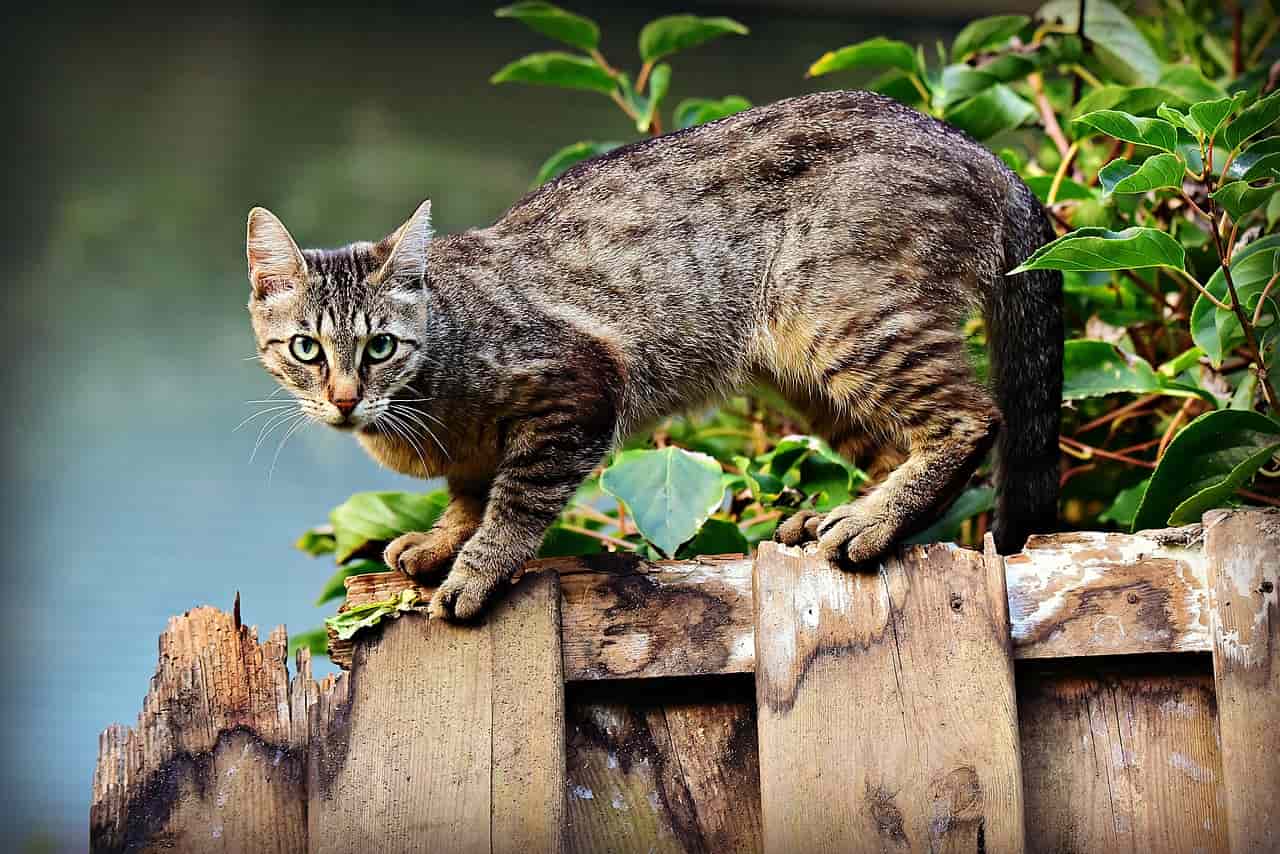Having kittens is an exciting and emotional time. Before you can experience the joy of welcoming newborn kittens into your home, you need to know how to tell if your cat is pregnant, how long a cat’s gestation period lasts, and what you can do to make her pregnancy as happy as possible.
It’s important to remember that your cat and her litter box will have needs that depend on you. To help your cat through pregnancy and delivery, we’ve put together some helpful information you need to know about pregnant cats.
Pregnant cats
Like humans, cats have periods of peak fertility when they are most likely to become pregnant, known as “heat.” Cats can begin these cycles as early as four or five months of age and occur about once every three weeks, giving them ample opportunity to become pregnant.
If you want to avoid an unexpected litter of kittens, you can ask your veterinarian to spay your cat when she is young. In her first season, she will be quite capable of becoming pregnant. Raising an unexpected litter of kittens can be stressful and expensive. For this reason, kitten rearing should be left to experts or those well-prepared for the task.
How long do cats stay pregnant?
The typical gestation period for a female cat can last between 62 and 65 days. Often, your cat will not show any physical signs of pregnancy for a few weeks. If you think your cat is pregnant, take her to the vet for confirmation.
How to tell if your cat is pregnant
While you should always seek professional advice, here are the signs to look for if you think your cat may be pregnant:
After about 15 to 18 days of gestation, you may notice that your cat’s nipples have become more prominent and redder, commonly referred to as “pinking.
Your cat may go through a vomiting phase, similar to human morning sickness. If you notice that her nausea is becoming more frequent or she is not feeling well, contact your veterinarian.
Your cat’s belly will begin to swell, but it’s essential that you avoid touching it, as this can cause injury to your cat or her unborn kittens. There may be other causes of abdominal swelling, to oversee your cat for signs of disease and consult your veterinarian if you have any doubts.
A pregnant cat will gain between one and two pounds (depending on the number of kittens she has).
Pregnant cats tend to have an increased appetite in late pregnancy, which also influences weight gain. Increased appetite can also signify worms or disease, so consult your veterinarian to confirm this.
Your pregnant cat may behave more maternally, purring more and seeking more attention from you.
Some veterinary practices can diagnose pregnancy in cats by ultrasound, sometimes as early as day 15 of gestation. Your veterinarian will also be able to tell you how many kittens your cat is expecting on day 40 of pregnancy. Remember that sometimes a giant kitten can mask other smaller kittens in utero, so don’t be surprised if you have more kittens than you expected.
Although your cat is more than capable of coping with the birth on her own, make sure you are prepared for the approaching end of her pregnancy. It’s good to be prepared to offer reassuring words and intervene if complications arise.
Signs of imminent or active labor in the cat
There are several signs that kittens are on the way. Here are some tips to keep in mind:
If your cat refuses to eat, is restless, or is looking for a secluded place to settle, it may be because labor is about to start very soon.
Your cat’s body temperature will drop to about 38°C 12 to 24 hours before labor begins.
Before delivery, your cat may become noisy, appear agitated, and constantly groom herself.
Labor should begin with solid abdominal contractions, followed by some vaginal discharge. Contact your veterinarian immediately if the release is heavy and black or bloody.
After discharge, kittens should follow immediately.
Most deliveries go smoothly without you having to intervene. However, some signs, such as a discolored discharge or the mother training without producing kittens, may suggest complications. Contact your veterinarian if you observe any of these signs or have any other questions.










